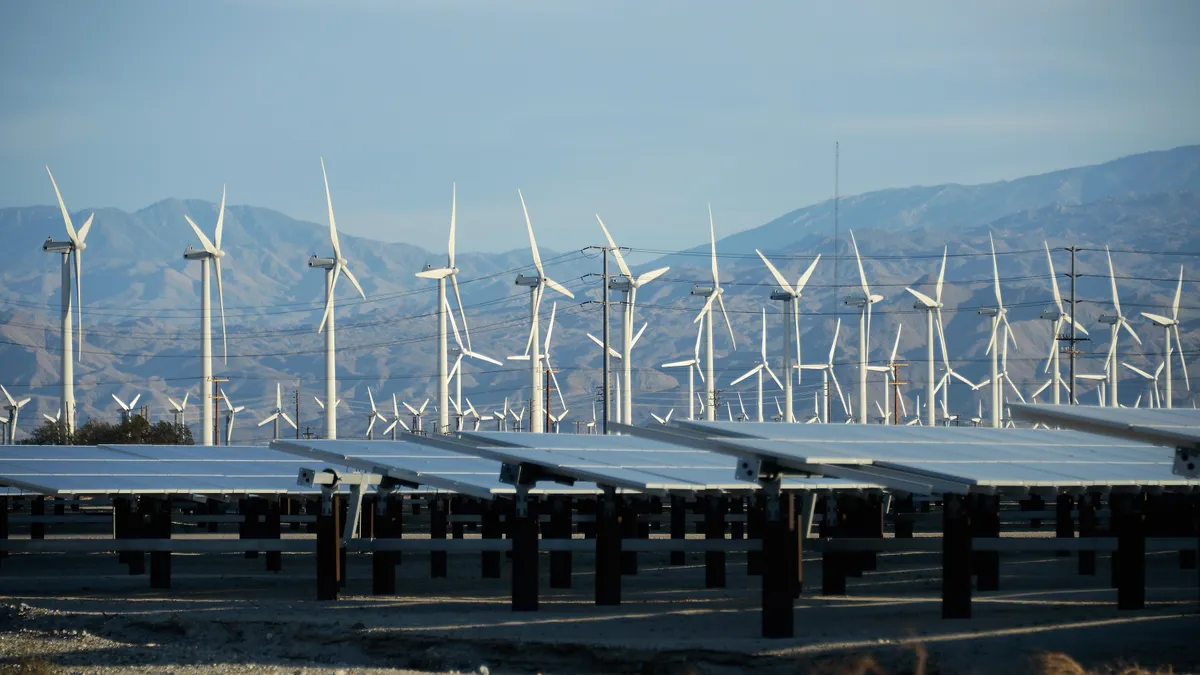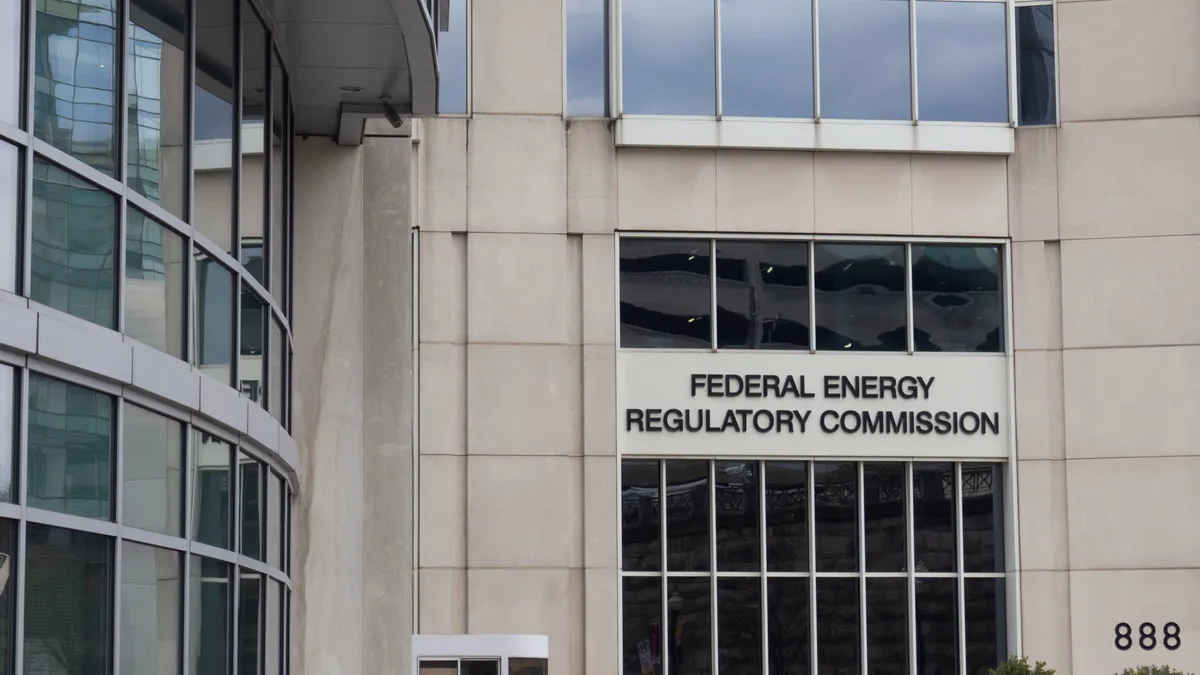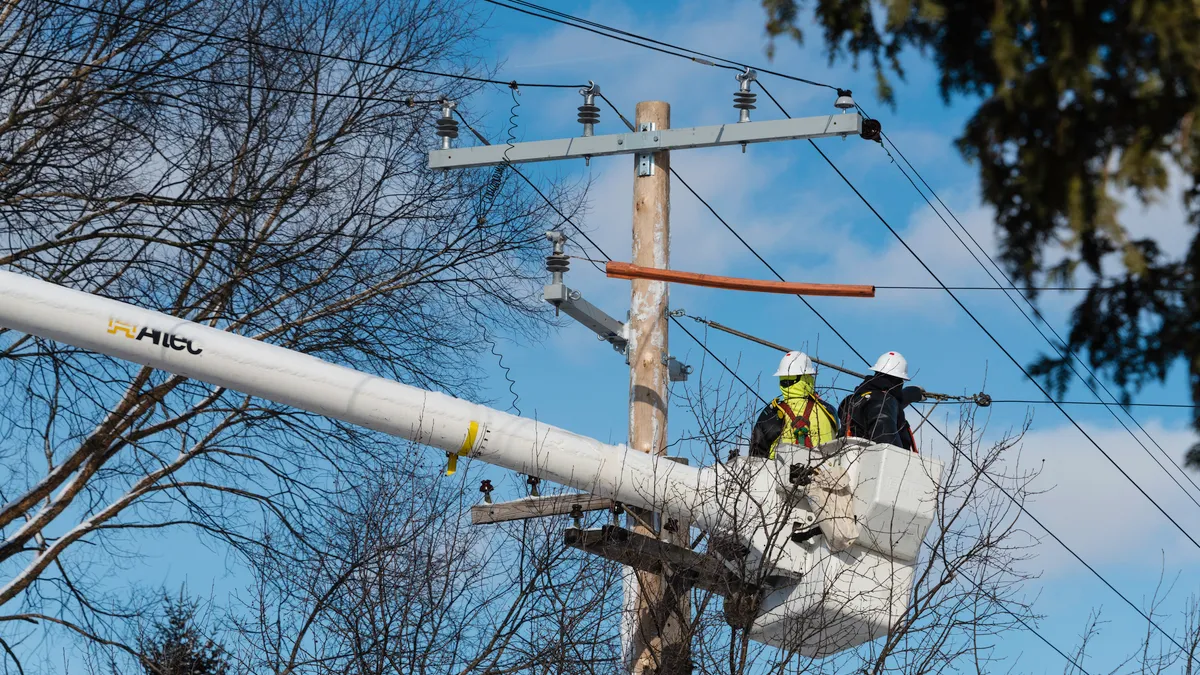The following is a contributed article from Ben Fowke, chairman of the Edison Electric Institute and chairman and CEO of Xcel Energy, and Armond Cohen, executive director of the Clean Air Task Force.
The stakes for taking decisive action to slow and reverse climate change have never been greater. President Joe Biden clearly recognizes the urgency, which is why he wants to slash U.S. carbon emissions in the coming decade and last week proposed increasing the federal budget dedicated to addressing climate change by $14 billion.
In addition to increasing federal funding, confronting climate change will demand the participation of every sector of the U.S. economy. Even more, it will require bold action, compromise, and collaboration, which is precisely why America’s investor-owned electric companies — through the Edison Electric Institute — have joined the Clean Air Task Force, six other leading NGOs, and industry stakeholders to form and advance the Carbon-Free Technology Initiative (CFTI).
On the surface, this may strike some as an unlikely alliance — indeed, our organizations have not always agreed on energy policy in the past. When it comes to addressing climate change, however, we are united around two core beliefs: while existing technologies can get us much of the way to a clean energy future, finishing the job demands an entirely new portfolio of generation technologies that are carbon-free, available and reliable 24/7 regardless of the weather, and affordable for customers. Given the decade-long development cycle for new technology, investments in these new clean energy technologies must be increased now.
Electric companies already are leading our nation’s efforts to reduce carbon emissions. Today, 40% of the electricity powering our homes and businesses comes from clean, carbon-free sources, including nuclear energy, hydropower, wind and solar energy, and carbon emissions from the power sector are at a 40-year low. As we look to the future, increased electrification of transportation and other sectors means that the energy grid is a pathway to a low carbon economy.
Electric companies are rapidly expanding their investments in wind and solar energy and battery storage to deploy even more clean energy and further reduce emissions, and dozens of electric companies have pledged to deliver zero carbon or net-zero carbon power by mid-century.
Our initiative is not focused on any single technology. Instead, we are endorsing simultaneous research, development, demonstration and deployment (RDD&D) of advanced wind and solar energy systems and a range of technology solutions, including long-duration energy storage, hydrogen, nuclear fission and fusion, advanced renewables like deep geothermal, and carbon capture and storage. Each of these emerging technologies shows real promise — from solving long-term seasonal storage challenges to having the ability to support our most carbon-intensive industries.
Much work remains before any of these technologies are commercially available. With adequate investment, we firmly believe the cost challenge can be tamed — consider, for example, that most renewable generation sources were prohibitively expensive in the 1970s. Today, they are highly competitive. CFTI seeks to replicate that success with a new portfolio of carbon-free generation.
As a nation, we are not leading in clean energy RDD&D. Thirteen countries invest more than the United States relative to their economies, and China invests nearly twice as much. Advancing these technologies to become affordable energy sources will take time and money. We proposed in March that the Department of Energy’s (DOE’s) budget for RDD&D for power sector technologies be tripled to help accelerate the path to commercial implementation.
We are pleased that President Biden’s proposed budget includes massive new investments in non-defense spending on clean energy innovation. The challenge of getting to commercial viability is also addressed directly in the President’s budget request, with a proposed $400 million investment in the next fiscal year to create an Office of Clean Energy Demonstrations, which would focus initially on energy storage — a technology that CFTI recommended scaling up through more funding for pilots and grant programs. Additionally, DOE would receive $1.8 billion for demonstration projects across its applied energy programs, including, but not limited to, advanced nuclear, carbon capture, hydrogen and zero-carbon fuels, and advanced renewables.
Moving forward, federal policies and the bipartisan support of Congress will be necessary to adopt these budget priorities, accelerate the pace of innovation, and ensure these technologies are ready for deployment when electric companies need them to meet their net-zero carbon commitments.
We are poised at a pivotal moment in history. Investing in innovation and a clean energy future represents one of our greatest opportunities to create American jobs, stimulate entrepreneurship, and demonstrate leadership in the world. We are committed to working together with the Biden administration and all stakeholders to meet the challenge of addressing climate change and achieve our long-term carbon-free vision.






















